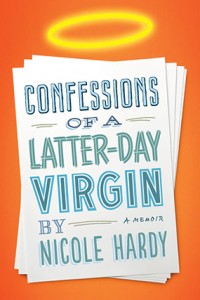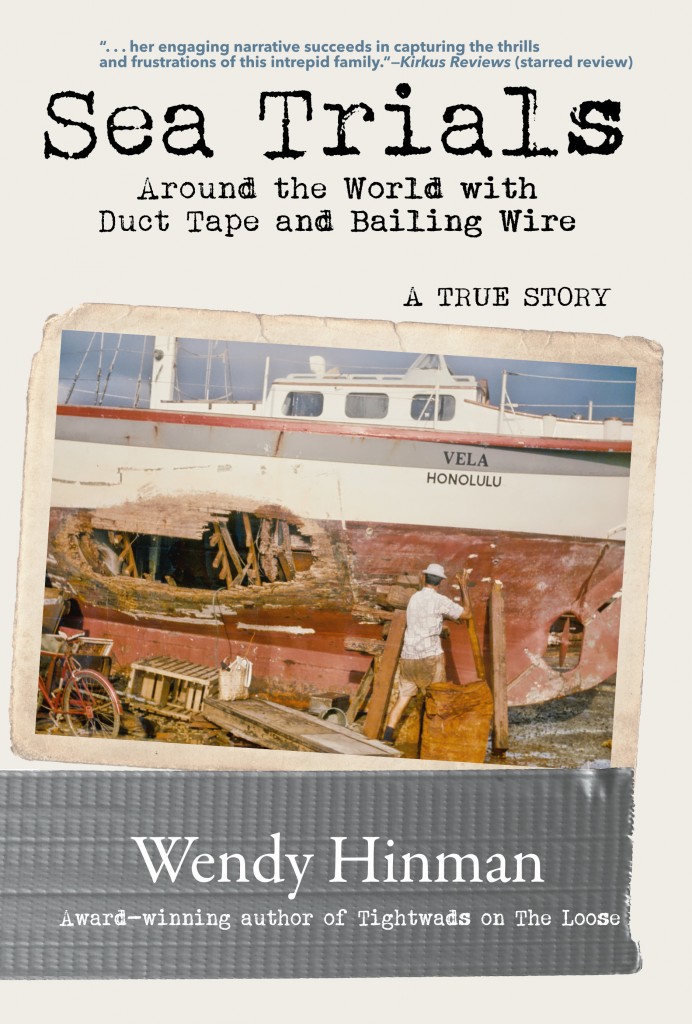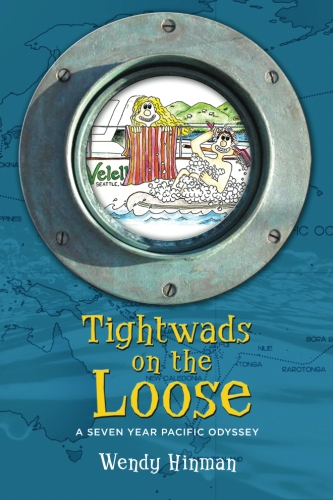 Meet Nicole Hardy, author of Confessions of a Latter Day Virgin, a nominee for the Washington State Book Award.
Meet Nicole Hardy, author of Confessions of a Latter Day Virgin, a nominee for the Washington State Book Award.
I met Nicole Hardy at Eagle Harbor Book Company last November when she and I supported local bookstores by acting as booksellers for a day. I first heard about Nicole when her essay, “Single, Female, Mormon, Alone,” was featured in the New York Times Modern Love column. Her essay touched a nerve with thousands of people, was chosen as “notable” in 2012′s Best American Essays, and earned her a book contract with a six-figure advance. When her book, Confessions of a Latter Day Virgin, came out last fall, I fell in love with her intimate yet wry voice which so adeptly conveyed her yearning to find her place in the world and reconcile her faith through a labyrinth of conflicting expectations. Her candid humor transcended the particulars of religion and sex into a story of identity and humanity.
I had the pleasure of interviewing her for the Writers Connection. Our interview is excerpted below.
Welcome to the Writers Connection, Nicole. Thanks for agreeing to an interview.
Wendy Hinman’s Question: Nicole, you trained as a poet, getting an MFA from Bennington College and have two published books of poetry. Tell us about your path to becoming a writer. How did getting an MFA help your craft and your writing career?
Nicole Hardy’s Answer: Obviously, not every writer needs an MFA. I’m one of those who did. I came to the idea of writing very early–one of my first memories is of sitting in bed next to my mother, who was writing letters on light blue stationery. I was too young to know how to read or write, but all I could think about was my words on that paper, sealed into a thick envelope, wending their way into the world. The urge was palpable, even that young.
Even so, I came to the act of writing late–I was 30 by the time I started preparing my application for Bennington, and beyond what was required in the one or two creative writing electives I’d taken as an undergraduate, I’d never really written. I was an English major, an English teacher, an avid reader–but those things can only teach a person so much about the art of writing, nothing about the discipline of it.
I woke up one day, in the middle of my teaching career, in the middle of reading a story by Sandra Cisneros–and realized I was living someone else’s life. It sounds dramatic, but it’s true–I made a promise to myself that I’d forget the “they say” and the “you should.” Which is how I ended my teaching career, became a waitress, and took on the project of becoming a writer. I needed to learn in triple time, and I needed a community of writers to show me I wasn’t crazy for wanting my life to revolve around this impossible, impractical thing. I needed an example of how to be a writer in real life, which is the benefit of low-residency.
I still have no idea how I got a spot at Bennington–it’s sort of excruciating for me to look back at the sample I sent with my application. But I’m grateful, still, to whichever of the professors there saw potential in me. Those two years changed everything, in the best way. Not long after I graduated, I had some luck publishing a series of sonnets in the voice of the Mud Flap Girl–the silhouette who gained fame on the mud flaps of trucks in the 70′s. I loved the challenge of writing in form–that tight puzzle that has expanses hidden within it. From there, I moved into more lyric poems, and from there, the draw toward full sentences, which at the time was sort of terrifying.
Wendy Hinman’s Question: Nicole, your career was catapulted to a higher level by your essay in the New York Times Modern Love column. How long did you work on that essay? What do you think made it so powerful?
Nicole Hardy’s Answer: That’s a hard one to answer. Ten years of getting ready for it. Two days of purging into a notebook–nineteen single spaced pages, which stayed in my nightstand drawer for over a year. I was afraid to open the drawer. Started sleeping on the other side of the bed. When I got ready to write it, it was really a matter of cutting and shaping–the thing I’d spent eight years doing as a poet; so the essay came quickly. A couple of days, honestly. It’s strange to talk about the power of one’s own work–what makes it powerful is more a question for readers, I think. I was only trying to make an honest essay. I’d had a moment of catharsis, just before I sent it to Modern Love. Made a conscious decision not to be ashamed of my experience, not to feel afraid of saying it
To see the full interview, click here.



